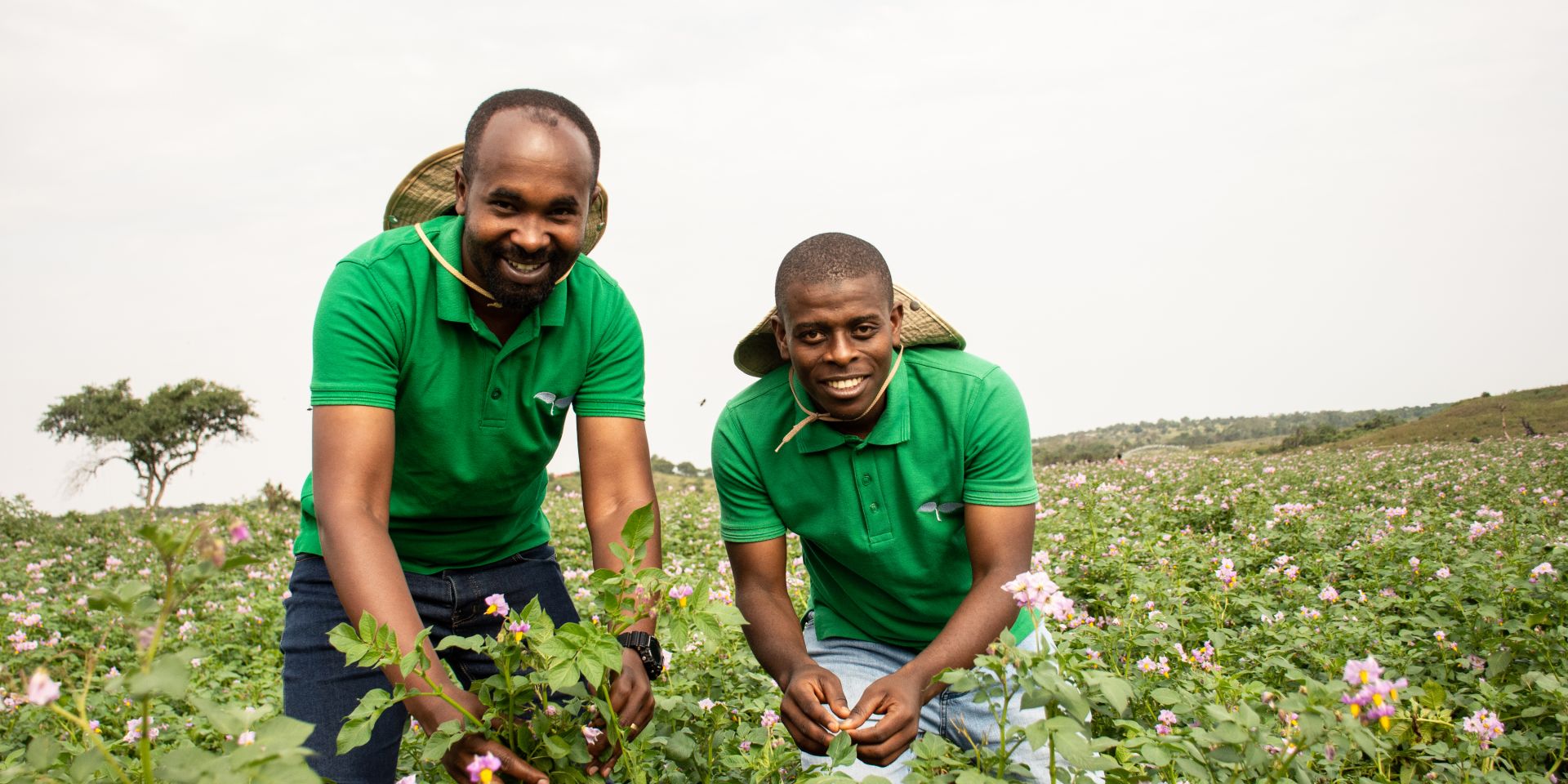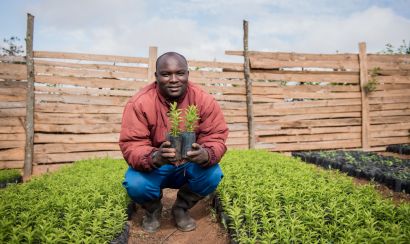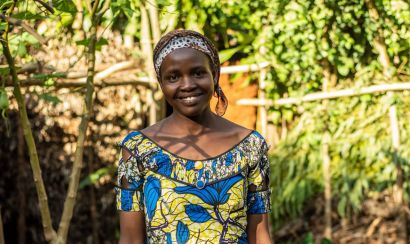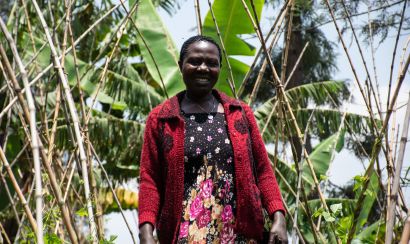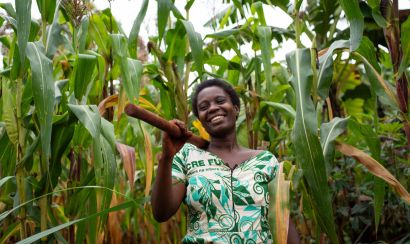Why we’re introducing disease-resistant potato seeds in Rwanda
One hectare of farmed potatoes in Rwanda could yield up to 25 metric tonnes. But the average harvest is currently stuck at around 10 tonnes. One reason for this “yield gap” is that most farmers plant seeds saved from their last harvest, often infected with crop diseases and pests that reduce yields. Low use of improved seed varieties compounds this problem.
Clean or improved seed potatoes meet all quality standards throughout the production chain: they have a high germination rate, are free from disease and disease organisms, and have the correct moisture content and weight.
Why clean seed matters
Research has shown that farmers who plant quality seed produce better harvests and enjoy greater food security and incomes than those who don’t. In our experience, farmers who switch to high-quality seed double their yields and incomes in just one season.
As of 2022, only around 5% of farmers in Rwanda were using improved seed, resulting in greater pest and disease pressure and lower yields nationally.
So why isn’t improved seed more widely used?
In the case of potatoes, some farmers are unaware of the potential of improved seed. However, farmers often find that high-quality seed is either unavailable or unaffordable.
The reason for this is fairly straightforward. Seed multiplication is a complex, costly operation. It requires financial resources, agricultural infrastructure – like greenhouses and screen-houses, technical knowledge around cuttings or aeroponics, and large plots of land – any one of which can prevent potential entrepreneurs from entering the seed market.
This is why only a handful of organizations produce this clean seed potato in Rwanda, and why availability and affordability remain low.
We have reached more than 1,000 farmers in three districts and aim to reach more than 300,000 farmers by 2026, with a projected seed distribution volume of 7,500 tonnes.
Improving access
To produce high-quality, clean seed ready for farmers to plant takes up to 18 months and five “generations” of plants. Slightly simplified, the process works like this:
- Generation 0: One Acre Fund buys tissue-cultured plantlets from an agricultural provider. These are grown in greenhouses.
- Generation 1: Apical cuttings are taken from these plants and planted in open fields.
- Generation 2: Those cuttings, grown into plants outside, become “pre-basic” seed.
- Generation 3: Placed in storage to sprout, these pre-basic seeds become “basic” seed.
- Generation 4: “Basic” seeds are given to a qualified outgrower – a “seed multiplier” – to produce Generation 4 (G4) “certified” seed. One Acre Fund provides technical and some financial support to the multipliers (companies, cooperatives, and so on). We then buy back the G4 seeds from the out-grower, ready to distribute to One Acre Fund farmers.
Supporting seed capacity
As we grow our capacity over time, we aim to increase our processing capacity and bring on board more partners as certified multipliers and out-growers.
By increasing smallholder access to high-quality, disease-free, and high-yielding potato seed, we aim to close the existing yield gap and empower farmers to improve their food security and income prospects.
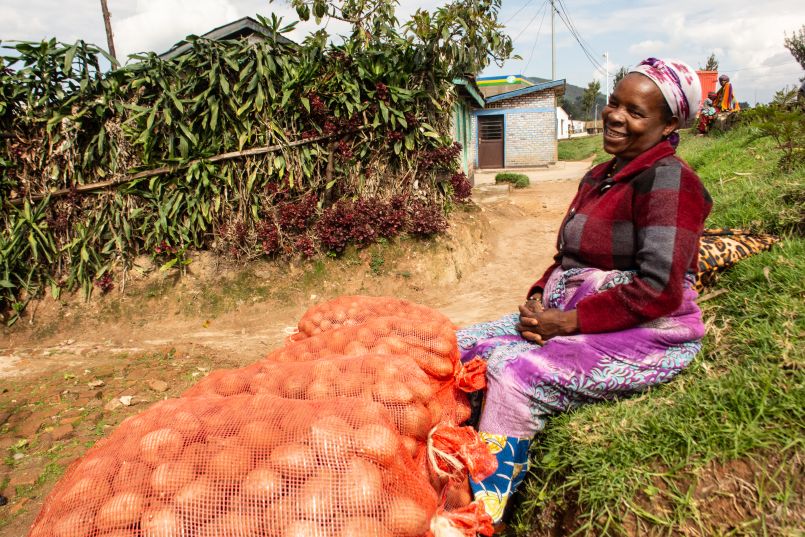
"In the past, I used to go and buy the seed from local farmers and that seed was not resistant to diseases. So, I had no choice but to buy from them," says Josephine Nyirabukeye, a Rwandan farmer. "One Acre Fund has always given us good quality maize seed, that's why we trust in this potato seed. We believe that the potato seed we have received will help us to overcome the poor harvest we used to yield because we didn't have good quality potato seed,"
Our integrated approach to increasing access to quality potato seed entails partnering and supporting companies, cooperatives, and individuals to increase seed-production capacity to support Rwanda’s growing market for quality potato seeds.
